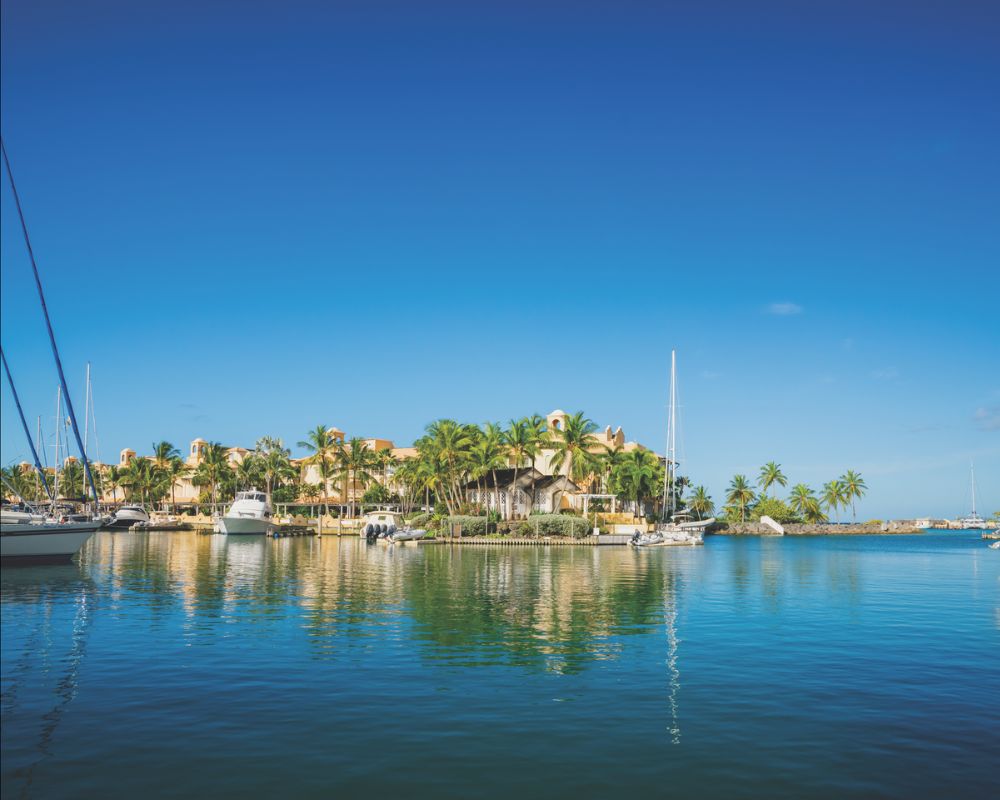-17.jpeg)
Companies worldwide are bracing themselves for a year of increased uncertainty, driven by growing concerns over political, legal, and regulatory developments around the globe. Digital dilemmas, such as the impact of new technologies on industries' risk profiles and cyber incidents, are rising concerns as well, while natural catastrophe activity remains high on the agenda with the ever-present danger of man-made climate change increasing the frequency and severity of events. At the heart of these worries lies the persistent and ever-evolving risk of business interruption, causing actual or anticipated losses.
Traditionally, businesses have been most apprehensive about perils like natural catastrophes and fires, fearing the physical damage they can cause. However, the nature of risk is shifting, increasingly focusing on non-damage events. Cyber incidents and indirect impacts of acts of terrorism or political violence are events that can result in substantial losses without causing physical harm. As we look into the future, experts predict more of these non-damage events to occur, further complicating the risk landscape. With digital and cyber-risks, geography is negated, with country-borders and oceans offering little to no buffer, meaning that in Barbados and across the Caribbean we are also vulnerable to these events.
The rise of new technologies and the transition from physical asset protection to intangible risks are prompting significant changes in the insurance model. The risk management world is becoming more fluid and data-driven, with intangible risks demanding specialized services like forensic IT support and crisis management. The recent rise of AI for example is a huge risk such that Goldman Sachs reported in March this year that in the United States and Europe they estimate that approximately two-thirds of current jobs “are exposed to some degree of AI automation,” and up to a quarter of all work could be done by AI completely. This puts some 300 million full time jobs at risk of automation. As a result, the demand for new insurance coverages, such as cyber and non-damage business interruption insurance, is expected to surge as companies seek protection against an increasing range of exposures. Not all risks are insurable, however, with AI and man-made Climate Change for example being seen as more systemic and not meeting the usual “sudden and unforeseeable” test of traditional insurance. Nevertheless, they need to be actively mitigated against where possible, and their effect on insurable risks such as Hurricanes and Hacking provided for.
Now, let's delve into some specific industries and their top business risks:
Engineering, Construction & Real Estate
For this sector, the impact of natural catastrophes takes the top spot as the new major risk, replacing market developments. As engineering projects increase in value and complexity, the risks become more interconnected and concentrated in areas exposed to natural hazards. Among the perils, earthquakes pose a significant threat, accounting for 65% of all large insurance claims (€1m+) in the engineering sector over the last five years. In the Caribbean, experts expect hurricanes to increase in their frequency and ferocity, due to Climate Change, with coastal engineering projects particularly at risk.
Financial Services
Market developments continue to maintain the top risk ranking in the financial services sector. However, cyber incidents remain the second most concerning risk. Recent events, such as the hacking of the banking arm of a major UK supermarket chain, have raised fresh concerns about the industry's ability to detect and prevent cyber-attacks. The Bank of England has emphasized that cyber-attacks pose a significant risk to the financial sector.
Marine and Shipping
The global shipping industry has been navigating rough waters for years, and evidence in the container segment indicates that this situation is unlikely to change soon. Business interruption rises in the risk rankings, especially in the aftermath of incidents like the collapse of Hanjin Shipping. Additionally, human error is now a new entry in the top five risks, responsible for an estimated 80% of marine accidents.
Photovoltaic Electrical Systems
On a different note, one area where Business Interruption Insurance is gaining popularity is among owners of Photovoltaic (PV) electrical systems. Particularly, owners who have financed their PV plants with external funds from banks and credit institutions find it attractive to insure their income stream against loss due to insured damage to their PV plant & equipment. This type of insurance serves as an effective hedge against income loss from insured damage to the system, providing much-needed stability to bolster investor and creditor confidence in embarking on a PV project. As Barbados continues to increase its conversion to renewable energy, with emphasis on PV electrical systems, this will become increasingly relevant to businesses here.
In conclusion, the business risk landscape is constantly evolving, influenced by political, technological, and environmental factors. As companies worldwide, and here in Barbados, face increasing uncertainty, they must adapt their risk management strategies and explore new insurance coverages to protect against a diverse array of exposures. Embracing data-driven approaches and specialized services will be crucial in mitigating the impact of potential business interruptions and ensuring long-term stability and success.
----------------
James Peirce is a Director of Lynch Insurance Brokers Ltd. with 30 years’ experience in the field and specializes in commercial insurance broking, placement, claims negotiations and program structure. He is active in the broking field as Account Executive for several of Barbados’ largest companies and is also the Director of Business Development for the Lynch Caribbean Group of Companies. Apart from holding a Bachelor’s Degree in Marketing, he also holds a Diploma in Insurance from the Chartered Insurance Institute of the UK.
James can be contacted by telephone at +1 (246) 230-2684 or by email at james.peirce@lynchbrokers.com
About Lynch
Lynch Insurance Brokers Ltd. is a risk advisory and insurance services firm. Our mission is solving our client's key risk concerns and in so doing make them more successful. We are an Associate company of Marsh Ltd. and are able to leverage their international expertise and market access to deliver innovative thinking to addressing our client's risk and insurance needs.
For more about Lynch Insurance Brokers.





%20(300%20%C3%97%20300%20px)-8.avif)









